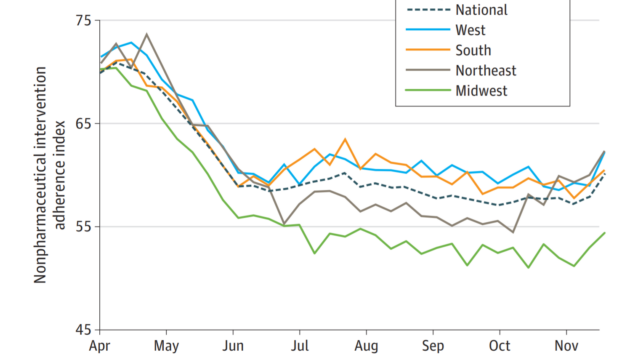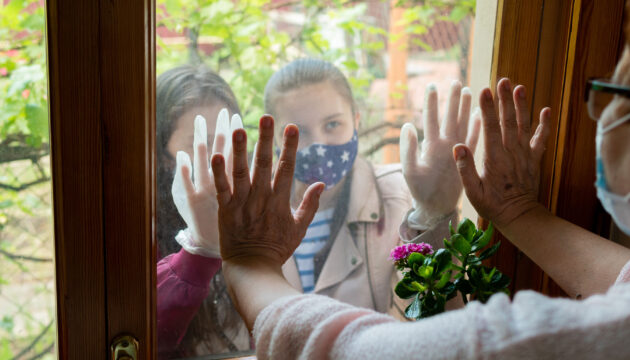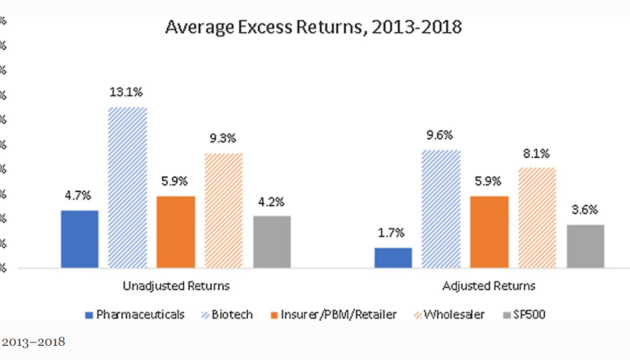Research
-
Health Technology Assessment in the U.S. – A Vision for the Future
Health technology assessment (HTA) can help achieve the dual health policy goals of ensuring affordability and encouraging innovation.
Categorized in -
Change in Reported Adherence to Nonpharmaceutical Interventions During the COVID-19 Pandemic, April-November 2020
Analysis of a survey conducted between April and November 2020 shows a concerning trend: Individuals reported engaging in evidence-based protective measures less frequently.
Categorized in -
Health Technology Assessment with Diminishing Returns to Health: The Generalized Risk-Adjusted Cost-Effectiveness (GRACE) Approach
Generalized Risk-Adjusted Cost-Effectiveness (GRACE) approach helps align HTA practice with realistic preferences for health and risk.
Categorized in -
COVID-19 Social Distancing Measures and Loneliness Among Older Adults
Efforts should be made to help older adults maintain social connectedness with close others by virtual communication methods.
Categorized in -
Arbitration Over Out-Of-Network Medical Bills: Evidence From New Jersey Payment Disputes
Arbitrators seemed to anchor decision around surprising billing to the 80th percentile of charges with the median decision being 5.7 times prevailing in-network rates for the same services.
-
Do Companies in the Pharmaceutical Supply Chain Earn Excess Returns?
Public policies that promote competition in all areas of the pharmaceutical supply chain are important avenues for curtailing drug spending.
Categorized in -
How Do State Policies Shape Experiences of Household Income Shocks and Mental Health During the COVID-19 Pandemic?
The tremendous job loss and wage cuts during the COVID-19 pandemic raises concerns about the mental health of the population.
Categorized in -
The Impact of the COVID-19 Epidemic on Older Adults in Rural and Urban Areas in Mexico
Mexico is among the countries in Latin America hit hardest by coronavirus disease 2019 (COVID-19). A large proportion of older adults in Mexico have high prevalence of multimorbidity and live in poverty with limited access to health care services.
Categorized in -
Association Between Race/Ethnicity and Disparities in Health Care Use Before First-Episode Psychosis Among Privately Insured Young Patients
Racial/ethnic disparities in health care use and clinical outcomes for behavioral health disorders, including psychosis, are well documented, but less is known about these disparities during the period leading up to first-episode psychosis (FEP).
Categorized in -
Addressing the Diverse Needs of Unpaid Caregivers Through New Health-Care Policy Opportunities
About 41 million spouses, children, and other relatives have provided unpaid care to a family member aged 50 years or older in the past 12 months
Categorized in






